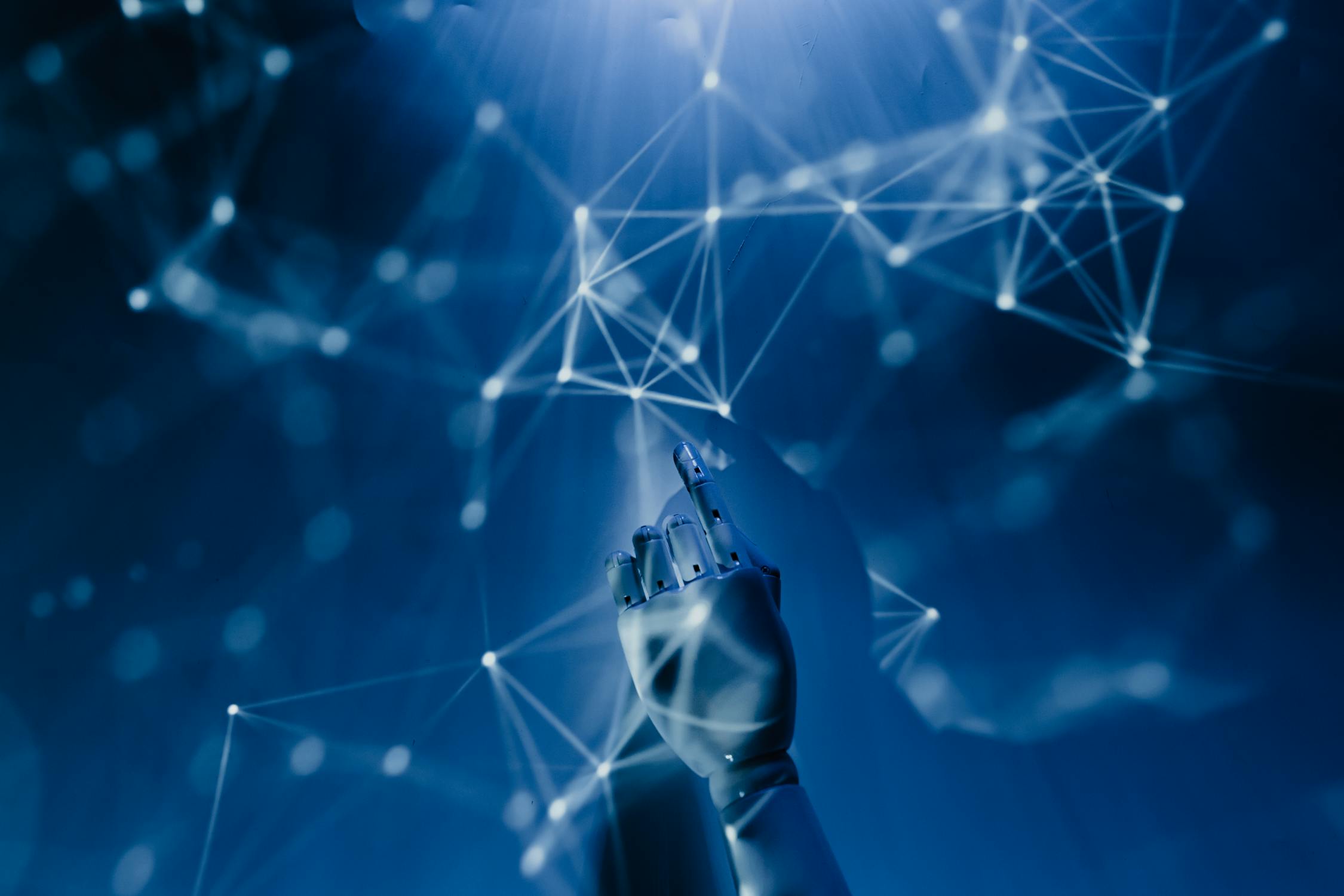The Future of AI in Content Creation
Artificial intelligence has rapidly evolved from a science fiction concept to an everyday reality that’s reshaping countless industries. One area experiencing particularly dramatic transformation is content creation, where AI tools are changing how we write, design, edit, and distribute content.
The Current State of AI in Content Creation
Today’s AI content tools can:
- Generate blog posts, articles, and social media content
- Create and edit images, videos, and audio
- Translate content between languages with impressive accuracy
- Analyze content performance and suggest improvements
- Personalize content for different audience segments
These capabilities are already impressive, but they represent just the beginning of what’s possible.
AI as a Collaborator, Not a Replacement
Despite fears that AI might replace human creators, the most effective applications of AI in content creation involve collaboration between humans and machines. AI excels at:
- Processing and analyzing vast amounts of data
- Handling repetitive or technical tasks
- Generating initial drafts or ideas
- Optimizing content for specific metrics
Meanwhile, humans still dominate in:
- Original thinking and creativity
- Emotional intelligence and empathy
- Cultural understanding and nuance
- Ethical decision-making
The most successful content strategies leverage both AI efficiency and human creativity.
Emerging Trends in AI Content Creation
Multimodal AI Systems
Early AI systems specialized in one type of content – text, images, or audio. Modern systems like GPT-4 and DALL-E can work across multiple modalities, understanding and generating various content types. This integration enables more cohesive and comprehensive content creation.
Voice and Natural Language Generation
Voice-based content is booming, from podcasts to voice search. AI systems are becoming increasingly adept at natural-sounding speech synthesis and can generate audio content that’s nearly indistinguishable from human narration.
Personalization at Scale
AI enables hyper-personalization of content based on individual user behavior, preferences, and contexts. This allows creators to deliver tailored experiences to massive audiences without manually creating countless variations.
Real-time Content Generation
As AI systems become more efficient, we’re seeing the emergence of real-time content generation that can adapt to current events, user interactions, or changing conditions almost instantly.
Ethical Considerations
The rise of AI in content creation brings important ethical questions:
- Attribution and Ownership: Who owns AI-generated content? The developer of the AI, the user who prompted it, or some combination?
- Authenticity and Disclosure: Should audiences be informed when content is partially or fully generated by AI?
- Bias and Representation: How do we ensure AI systems don’t perpetuate harmful biases in the content they create?
- Economic Impact: How will AI affect employment in creative industries?
These questions don’t have simple answers, but responsible implementation requires thoughtful consideration of each.
Preparing for an AI-Augmented Future
For content creators looking to thrive in an AI-augmented landscape:
- Develop AI Literacy: Understand the capabilities and limitations of AI tools in your field
- Focus on Uniquely Human Skills: Cultivate creativity, emotional intelligence, and critical thinking
- Experiment with AI Tools: Gain hands-on experience with various AI systems to understand their practical applications
- Establish Ethical Guidelines: Develop clear principles for how you’ll use AI in your content creation process
- Stay Adaptable: Remain open to evolving your workflow as AI capabilities advance
Conclusion
AI is not replacing human creativity but rather transforming how we express it. By embracing AI as a collaborative tool rather than viewing it as competition, content creators can achieve unprecedented levels of productivity, reach, and impact.
The future of content creation isn’t human OR artificial intelligence—it’s human AND artificial intelligence working together to create something greater than either could produce alone.
